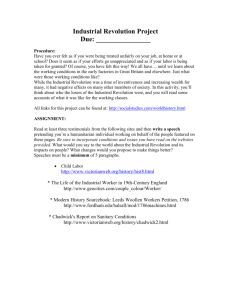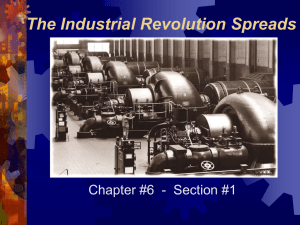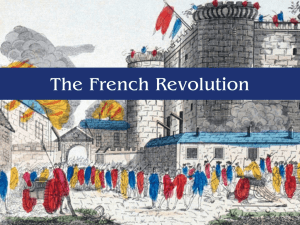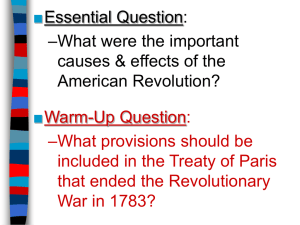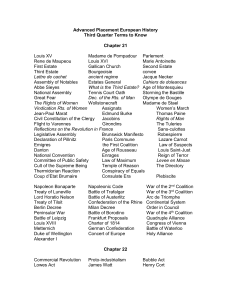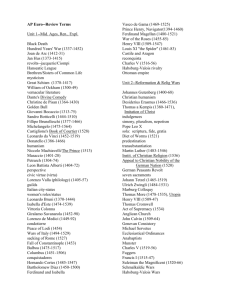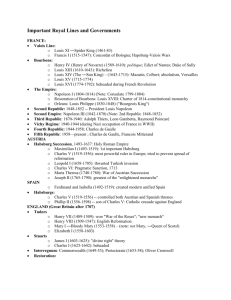History 2PeoplePlacesThings
advertisement
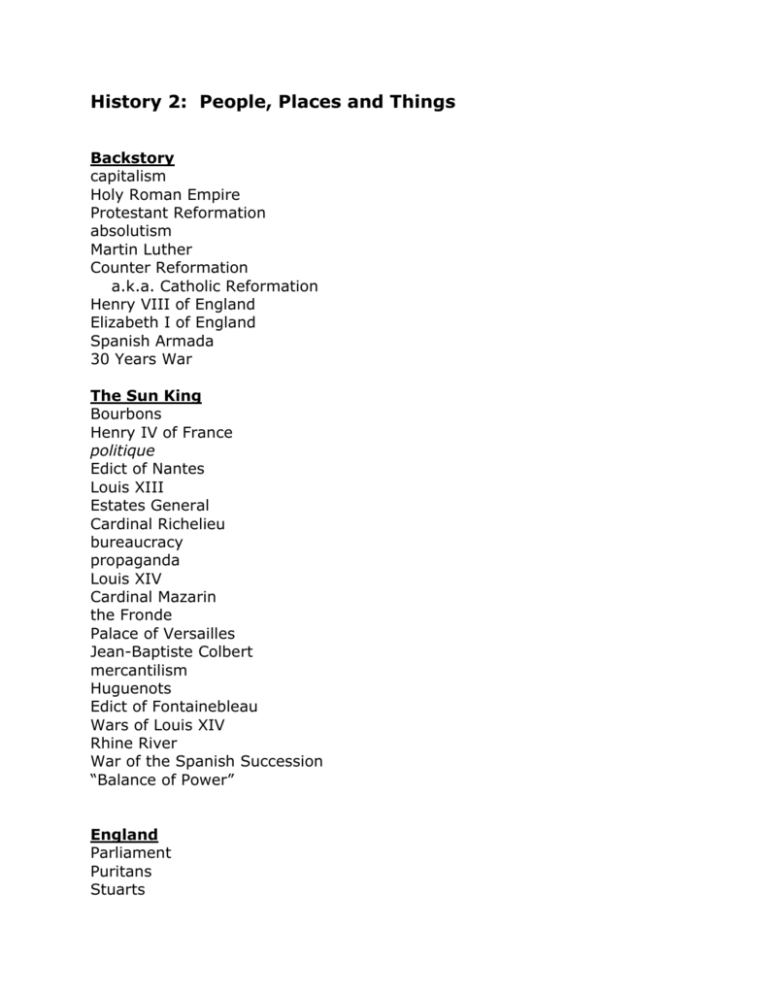
History 2: People, Places and Things Backstory capitalism Holy Roman Empire Protestant Reformation absolutism Martin Luther Counter Reformation a.k.a. Catholic Reformation Henry VIII of England Elizabeth I of England Spanish Armada 30 Years War The Sun King Bourbons Henry IV of France politique Edict of Nantes Louis XIII Estates General Cardinal Richelieu bureaucracy propaganda Louis XIV Cardinal Mazarin the Fronde Palace of Versailles Jean-Baptiste Colbert mercantilism Huguenots Edict of Fontainebleau Wars of Louis XIV Rhine River War of the Spanish Succession “Balance of Power” England Parliament Puritans Stuarts James I "Wisest fool in Christendom" Charles I Charles II James II "warming pan baby" Primogeniture Gentry Short Parliament Oliver Cromwell Restoration The Glorious Revolution Dissenters Test Act Exclusion bills William of Orange (William III of England) Succession Crisis Whigs Tories The Netherlands HRE Charles V Philip II of Spain United Provinces of the Netherlands Amsterdam Dutch West India Company Dutch East India Company Spice Islands Hugo Grotius Descartes Spinoza Rembrandt Vermeer Scientific Revolution Claudius Ptolemy of Alexandria geocentric universe heliocentric universe Brahe Copernicus Galileo Kepler Isaac Newton Paracelsus William Harvey Enlightenment Enlightened Despot Frederick the Great (Frederick II of Prussia) War of the Austrian Succession Peter the Great Catherine the Great (Catherine II of Russia) Voltaire Montesquieu Jean Jacques Rousseau Denis Diderot Isaac Newton John Locke Edward Gibbon David Hume philosophes salons and coffee houses Maria-Theresa of Austria Josef II of Austria England and the Industrial Revolution Dissenters Hanovarians The Georges Robert Walpole suffrage Second Agricultural Revolution three-field system James Hargreaves and the Spinning Jenny Richard Arkwright guilds Industrial Revolution James Watt Luddites Adam Smith “Wealth of Nations” laissez-faire France and Revolution tax farmers Seven Years’ War Louis XVI Marie Antoinette American Revolution Marquis de Lafayette Estates-General Third Estate National Assembly Tennis Court Oath Bastille Declaration of the Rights of Man and Citizen Edmund Burke Jacobin Club Robespierre The Terror guillotine sans-culottes Directorate Napoleon Bonaparte 18th Brumaire Battle of the Nile Horatio Nelson Duke of Wellington Napoleonic Code plebiscite Battle of Austerlitz Battle of Trafalgar Battle of Waterloo Elba St. Helena Congress of Vienna 19th century "isms" Conservatism Romanticism Liberalism Adam Smith Jeremy Bentham Thomas Malthus Samuel Smiles Socialism Nationalism “Dual Revolution” Louis XVIII popular sovereignty bourgeoise Charles X Revolution of 1830 Louis-Philippe d’Orleans Revolutions of 1848 Napoleon III Georges Haussmann Suez Canal Sir Robert Peel Poor Law of 1834 workhouses Reform Bill 1832, 1867, 1884 Queen Victoria of England Great Exhibition of 1851 Benjamin Disraeli William Gladstone Ottoman Empire Crimean War Otto von Bismarck Austro-Prussian War Franco-Prussian War Battle of Sedan Alsace-Lorraine Junkers German Confederation "the pen, the sword, the mind" German Reich 1871 Giuseppe Mazzini Giuseppe Garibaldi Camillo de Cavour Piedmont-Sardinia Russia Alexander I Decembrist Revolt Nicholas I “slavophiles” v. Westernizers Alexander II serfs pogrom anti-Semitism Nicholas II Russo-Japanese War Critics of Liberalism Marxism/Karl Marx "Communist Manifesto" proletariat communism Charles Darwin “Origin of Species” Herbert Spencer Social Darwinism Sigmund Freud Albert Einstein New Imperialism Boer War 20th century The Great War Triple Alliance Triple Entente Kaiser Wilhelm II Serbia Sarajevo "no man's land" Rupert Brooke Robert Graves Wilfred Owens propaganda T.E. Lawrence Gallipoli Woodrow Wilson submarine warfare League of Nations Treaty of Versailles Article 241 Reparations Weimar Republic The Russian Revolutions Nicholas II/Romanovs Revolution of 1905 "soviets" Rasputin February Revolution Alexander Kerensky Vladimir Ilyich Lenin October Revolution Bolsheviks and Mensheviks Leon Trotsky Josef Stalin Five Year Plans The Interwar Years freikorps Ruhr Valley hyperinflation Dawes and Young plans Gustav Stresemann Benito Mussolini fascism Adolf Hitler Nazi Party totalitarianism cult of personality Reichstag Krystalnacht Spanish Civil War "Guernica" Francisco Franco Anschluss World War II Sudetenland Joseph Chamberlain Munich/appeasement Franklin Delano Roosevelt blitzkreig Dunkirk Winston Churchill Battle of Britain Normandy Invasion Vichy France Pearl Harbor Siege of Stalingrad Harry Truman Hiroshima Potsdam Conference Yalta Conference The Cold War Iron Curtain Berlin Airlift Marshall Plan Konrad Adenaur Mao Zedong Taiwan Korean War Cuban Missile Crisis Vietnam War Ho Chi Minh SALT Treaties Mikhail Gorbachev Berlin Wall




